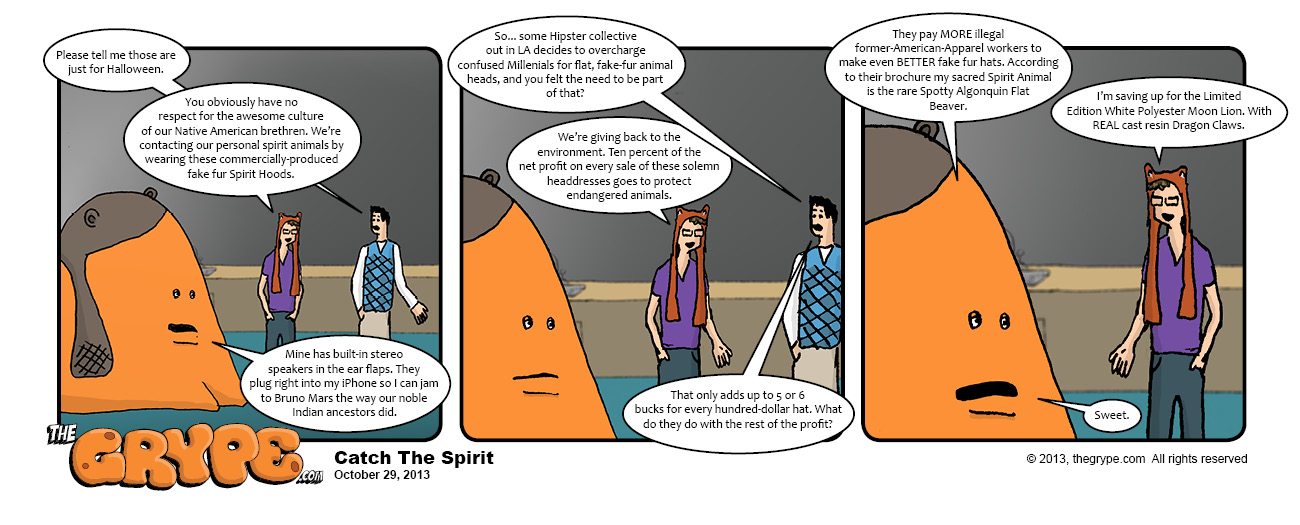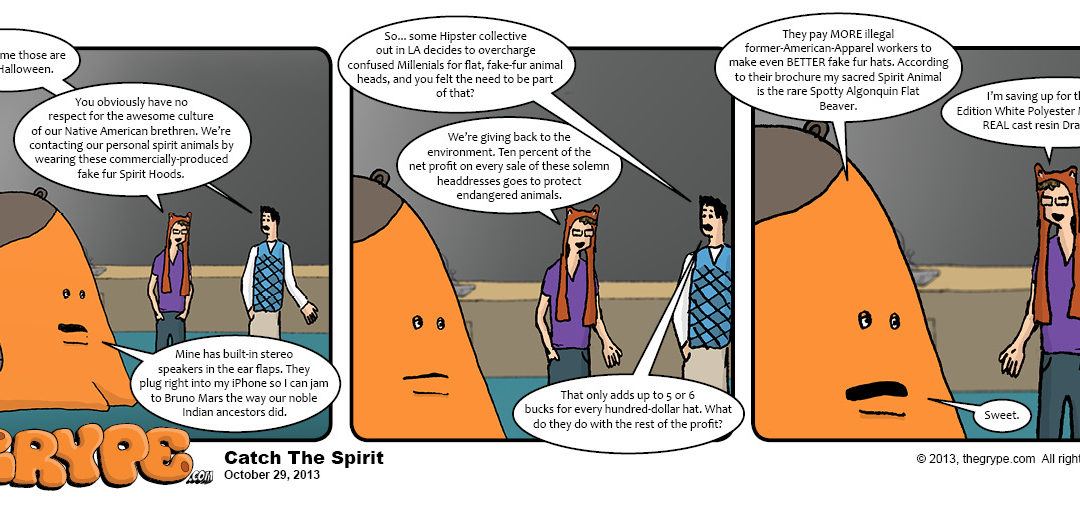 In many countries, only monarchs or governments are legally entitled to pull resources out of the earth; the United States is one of the few nations where private land owners hold title to anything above and below ground on their property. Selling or leasing mineral rights has become a multibillion-dollar U.S. industry; with the current boom in natural gas mining, a typical drilling lease can generate thousands of dollars per acre in income for the land owner (plus a share of net production profits up to 25%). In 2012, American energy companies paid out over $20 billion in natural gas royalties.
In many countries, only monarchs or governments are legally entitled to pull resources out of the earth; the United States is one of the few nations where private land owners hold title to anything above and below ground on their property. Selling or leasing mineral rights has become a multibillion-dollar U.S. industry; with the current boom in natural gas mining, a typical drilling lease can generate thousands of dollars per acre in income for the land owner (plus a share of net production profits up to 25%). In 2012, American energy companies paid out over $20 billion in natural gas royalties.
So we are formally calling “bullshit” on a newly-popular swindling scheme in use by building contractors to withhold the mineral rights of the land that sits under new homes from the homeowners themselves. In these case the developers or homebuilders slip purposely-obtuse clauses into the contracts they sign when selling new homes— that is, in cases where they even offer ANY prior disclosure— hoarding all the underlying mineral rights for themselves in the event that the land itself is later chosen for drilling or hydrofracking. If it is, the homeowners are forced to live atop live gas wells while the developers reap any financial profit from the drilling operations.
Among the worst culprits are private firms like Oakwood Homes in Colorado, the Groce Companies in North Carolina, Wynne/Jackson in Texas, and Shea Homes, which builds coast to coast. Publicly traded companies that engage in the practice include the Ryland Group, Pulte Homes and Beazer Homes.
D.R. Horton, the biggest U.S. homebuilder, is one of the worst offenders. They’ve separated the mineral rights from tens of thousands of homes in North Carolina, Alabama, Mississippi, Virginia, New Mexico, Nevada, Arizona, Oklahoma, Utah, Idaho, Texas, Colorado, Washington and California. In Florida alone, Horton hoarded the mineral rights beneath over 10,000 lots.
State laws often don’t legally require disclosure to home buyers when the mineral rights to a property are severed. Homeowners aren’t typically very happy to discover their dream home is sitting atop someone else’s potentially-toxic drilling operation. Other homeowners feel cheated they themselves can’t profit from the mineral exploitation of what they believed was completely their own private land. In most cases it isn’t negotiable: buyers must either give up the mineral rights or else they aren’t allowed to buy the property at all.
Meanwhile, property-tax assessments aren’t affected by severed mineral rights. Homeowners might wind up paying elevated property taxes on their land because of valuable minerals lying beneath their homes— minerals which technically belong to someone else. The old chestnut about the dirt-poor farmer who suddenly becomes a millionaire when oil is discovered on his property has been overshadowed by the modern cautionary tale of the suburban home owner whose valuable mineral rights are actually just another milkshake drunk up by greedy corporate interests.
In real life, Jed Clampett and his hillbilly brood would live out their lives in backwoods squalor while banker Mr. Drysdale and his home builder pals inflate their own fortunes by pumping all the black gold from under the Clampett cabin.
No “Beverly Hills” dreams of swimming pools and movie stars for the unsuspecting homebuyer these days, it would seem.

